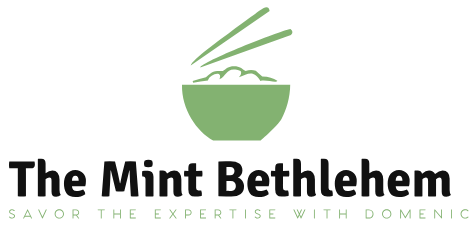Why I Switched to 2013 Honda Accord Mats: My Personal Experience and Expert Insights
When I first laid eyes on the 2013 Honda Accord, I was immediately struck by its sleek design and impressive performance. But as any car enthusiast knows, it’s the little things that can make a big difference in the overall driving experience. One of those often-overlooked elements? Mats. Yes, those seemingly mundane accessories play a…
